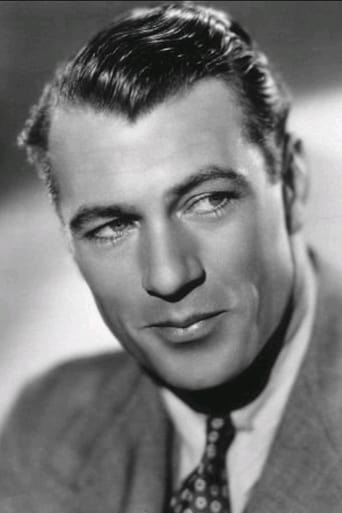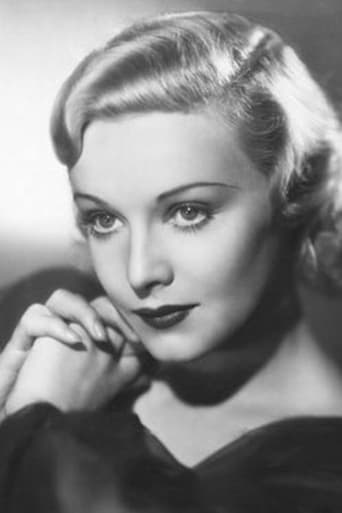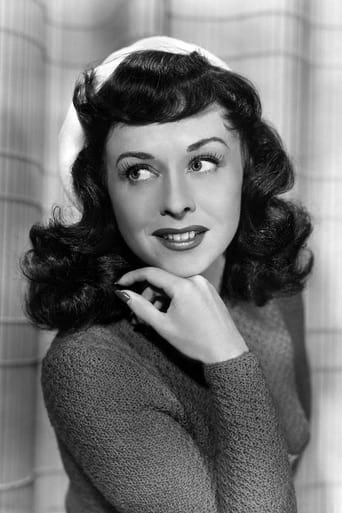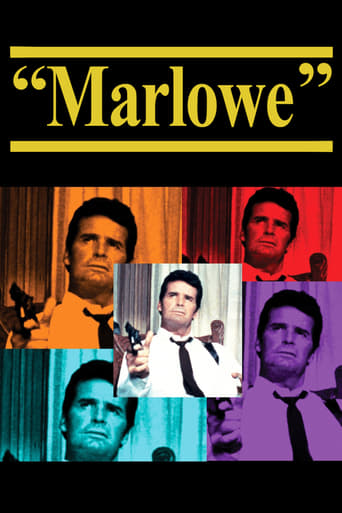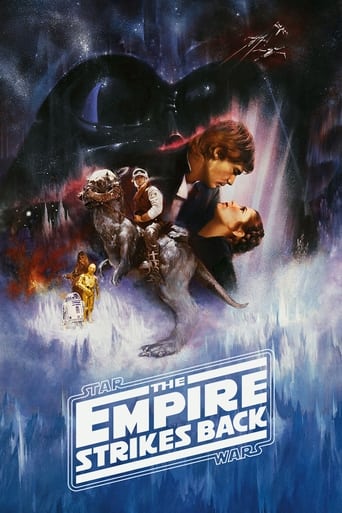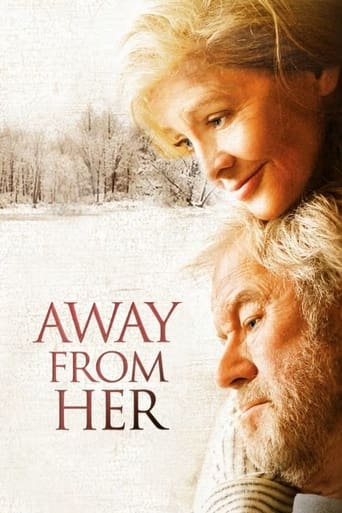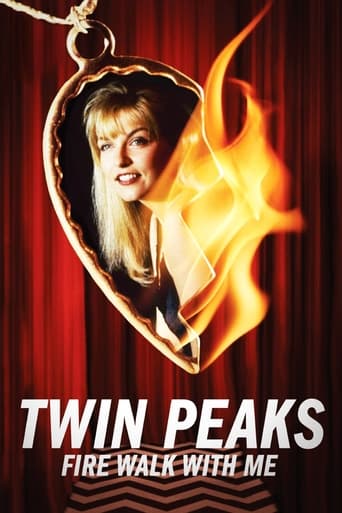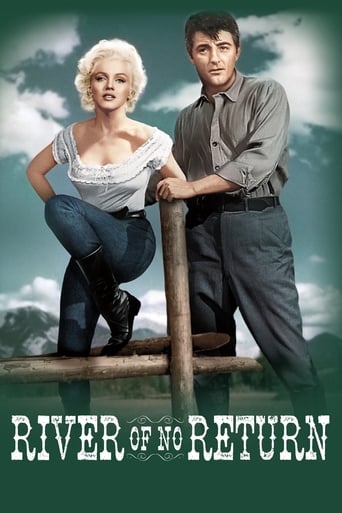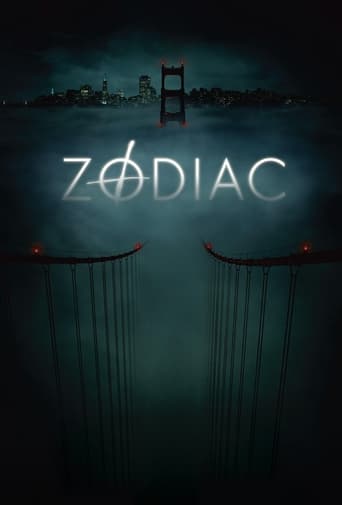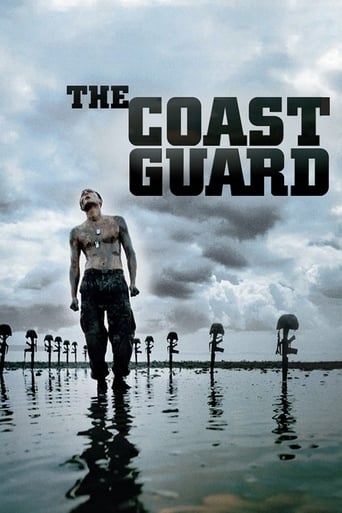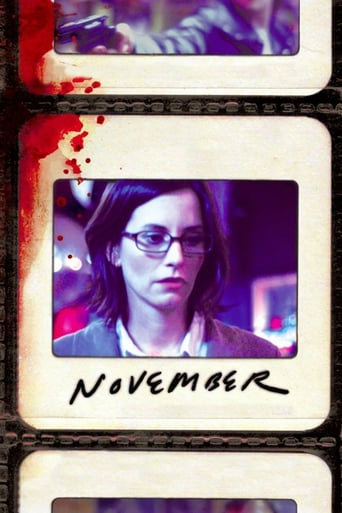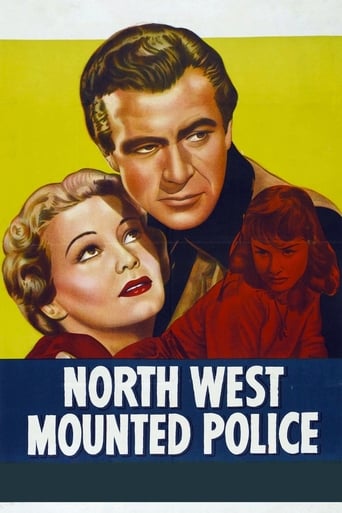
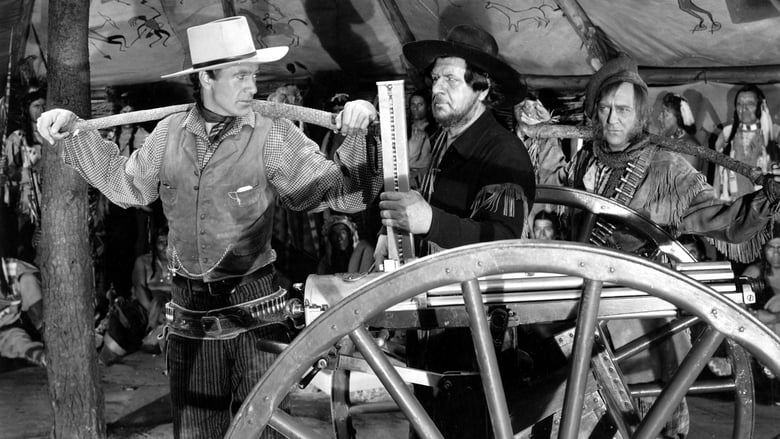
North West Mounted Police (1940)
Texas Ranger Dusty Rivers ("Isn't that a contradiction in terms?", another character asks him) travels to Canada in the 1880s in search of Jacques Corbeau, who is wanted for murder. He wanders into the midst of the Riel Rebellion, in which Métis (people of French and Native heritage) and Natives want a separate nation. Dusty falls for nurse April Logan, who is also loved by Mountie Jim Brett. April's brother is involved with Courbeau's daughter Louvette, which leads to trouble during the battles between the rebels and the Mounties. Through it all Dusty is determined to bring Corbeau back to Texas (and April, too, if he can manage it.)
Watch Trailer
Cast


Similar titles
Reviews
Really Surprised!
It's funny watching the elements come together in this complicated scam. On one hand, the set-up isn't quite as complex as it seems, but there's an easy sense of fun in every exchange.
Good films always raise compelling questions, whether the format is fiction or documentary fact.
It is a whirlwind of delight --- attractive actors, stunning couture, spectacular sets and outrageous parties.
A great novel written by R. C. Featherstonhaugh is the basis for this rousing, well directed movie by Cecil B. DeMille and is called " North West Mounted Police ". It tells the story of a courageous and determined Texas Ranger named Dusty Rivers (Gary Cooper) who's task is to ride to Canada and bring back Jacques Corbeau (George Bancroft) a murderous outlaw to stand trial for murder in Texas, U.S.A. Complications arise when he arrives in Canada he learns, the Mounted Police also want the outlaw to stand trial there. In addition, among the friends Rivers' makes is Sergeant Jim Brett (Preston Foster), Ronnie Logan (Robert Preston) and Constable Dumont (Robert Ryan). Further complications involve are the women he meets while there. Although he tries to stay clear of the Canadian police, it's nearly impossible and he becomes personally embroiled in their rebellious uprising and Indian war. The film is colorful, interesting, well structured, and sure to entertain audiences. Although not the director's first choice, Cooper holds his own and with the other exciting cast members like Madeleine Carroll, Paulette Goddard, Akim Tamiroff, Lon Chaney Jr, and Regis Toomey, allows the movie to become a major Classic on it's own. Well done. ****
When Cecil B. DeMille started filming Northwest Mounted Police, Joel McCrea was Texas Ranger Dusty Rivers (a cowboy name if there ever was one), but after a few scenes McCrea dropped out and Gary Cooper got to do his second of four DeMille features.It was both DeMille and Cooper's first film in technicolor and when DeMille went in for technicolor we mean bright hues of every part of the rainbow. But back then color itself was a novelty so people liked seeing it. Northwest Mounted Police also won an Oscar for best editing. Taking home the prize was Anne Bauchens who edited every single DeMille film from back into the middle silent era. DeMille had it written into his contract at Paramount that he would not do a film unless Ms. Bauchens was available to be editor. He had many of the same folks on his various films, but only Ms. Bauchens rated that kind of treatment.Michael Medved has Northwest Mounted Police listed among the fifty worst films of all time. It's not great, but it ain't as bad as all that. The Victorian DeMille type dialog is the main reason, but it is no more present here than in any of his other sound films.Northwest Mounted Police takes place in the mid 1880s and concerns the famous 2nd Louis Riel Rebellion and the Duck Lake massacre of Royal Canadian Mounted Police in that conflict. Grafted on to that is the story of a Texas Ranger played by Gary Cooper who comes up to Canada with a warrant for one of Riel's confederates who killed a man in his state. Of course Cooper gets himself mixed up in the politics of the area and also considerably mixed up with Maddeleine Carroll, much to the displeasure of her sweetheart Preston Foster, as stalwart a Mountie as you'll ever find this side of Nelson Eddy. That's a standard DeMille plot device, two men in heat over the heroine.In some considerable heat himself is Robert Preston who is Carroll's brother also a Mountie. He's got it bad for Paulette Goddard a Meti who's got it real bad for Preston. In fact her little scheme concerning Preston is what drives the action of the film in the second half.DeMille was never an actor's director or a writer's director. But he knew how to fill the screen and keep the action going. That he does in Northwest Mounted Police.
Cecil B. DeMille's fame as a leading movie director is still secure because of his innovative nature. He certainly developed spectacle movies, and even today he is remembered as the pioneer. But that does not blind us to his flaws. His characters are not three dimensional usually but black or white in personality. His dialog is for the birds. He does fall into stereotypes too often. It is understandable that the Medveds included "Northwest Mounted Police" among the 50 worst movies ever made. Yet one can't easily dismiss it. It was DeMille's first color movie. It was the second of four films with Gary Cooper, one of four made Goddard and one of three made with Robert Preston. Preston made good action films in this period but was always in support. In the early 1950s he returned to the stage and the fame that eluded him in Hollywood. Came "The Music Man", "The Lion In Winter", and "Mack and Mabel" and the recognition of Preston the adept entertainer. Came the call back to Hollywood for his filmed performances as Harold Hill and Toddy (in "Victor/Victoria"). Preston was that rarity: an actor who proved his star qualities in middle-age. DeMille would never have been his kind of director: he had no light touch for comedy, and he did not do musicals. Still, for some good straight performances as doomed weaklings, Preston did well in this film,"Union Pacific", and "Reap the Wild Wind".The film's historic content is interesting. DeMille's earlier historic films ("Cleopatra", "Sign of the Cross", "The Crusades") dealt with old world history. But after the last DeMille concentrated on American history with "The Plainsman", "The Buccaneer", "Union Pacific", "Reap The Wild Wind", and "The Unconquered". Even the modern "The Story of Dr. Wassell" was based on a true tale connected with the current war in the Pacific. Because of his American History period "Northwest Mounted Police" is an odd film. Cooper's character is the only link in it to American history in the 1880s, as a Texas Ranger after George Bancroft (Le Corbeau) for murder. The film is set firmly in Canada which was the scene of two revolts of the Metis people under Louis Riel in 1870 and 1885. As such this becomes somewhat unique among the historic films of Hollywood.Canada does poorly regarding it's history in Hollywood. This movie actually covers one of the most troubling moments of modern Canadian history: the fate of Louis Riel. We don't know about it down here. Riel was a lawyer and teacher with some mental problems. Riel helped found the provinces of Manitoba and Saskatchewan, thus making him one of Canadian history's founding fathers. But he was also aware that French Canadians and his Metis people got a suspiciously short deal from the British Canadians in Canada. Canada was firmly controlled by the Tory party led by Sir John MacDonald. MacDonald was corrupt but made one of the great comebacks in political history in 1879. Riel had led a revolt in 1870 which was crushed. He fled to the U.S., and spent some time in asylums here. He was released, taught school in Montana, and then returned to Canada (illegally) in 1884. He organized a second Metis revolt, which nearly succeeded in winning an independent state. A British army crushed it in 1885, captured Riel, and he was tried for treason.Lives had been lost, and property destroyed. MacDonald's son had been sent to Manitoba to run the province, and he had been humiliated by the revolt. Riel, however, had some legitimate gripes about the treatment of French Canadians, and the Metis. The treason trial came, and he was found guilty. MacDonald apparently never had a moment's hesitation about what to do. He refused to stop Riel's execution. The Tory Party in Canada has never recovered from this mistake. The backbone of Liberal Party strength (to the current day) is French Canadien Quebec - they have never forgiven the Tories for not acting humanely to Louis (and putting him in a Canadian asylum for life).DeMille is not totally anti-Riel. Riel is not unlike the American John Brown (inthe contemporary film "Santa Fe Trail"), who is murderous and possibly insane but fighting for certain principles that actually get the audience's sympathy. In this film, Riel is committed to a Metis revolt and state and he will stop at nothing to prevent it's success. But he also is shown as a kindly man to young children (he was a school teacher, remember).He is trying to save a way of life that a juggernaut threatens. And he is resigned to his fate at the end, realizing that in dying he may still win (which happened). We need a subsidiary villain like Van Heflin in "Sante Fe Trail" who is villainous for money. Here it is Bancroft, a murderer and criminal who is Riel's assistant. His villainy is passed down through his genes to his daughter (Goddard) who tempts and betrays Preston. One wonders, had Riel formed a successful government and state, how long before Le Corbeau would have arranged an "accident" or "assassination" (by a "Tory" agent, of course) of Riel, in order to cement his control over the Metis nation. So when he gets his just deserts at the end, unlike poor Louis, we are cheered by it. One has to congratulate DeMille in trying to be fair to Louis, when he could have just made his a super villain.
You first have to understand that DeMille has taken considerable poetic licence, while using the story of the return of Louis Riel to Canada, and the subsequent Duck Lake massacre of a large unit of Mounties. Even the pronunciation by DeMille of the word "Metis" at the introduction to the movie is quite incorrect.Fun to watch the fictional introduction of Gary Cooper as a Texas marshal travelling into Canada in pursuit of a Metis criminal.Some good aspects of the film include the historical accuracy of the uniforms at that time... no wide brimmed hats... and the correctness of the name of the Mounties at that time. The only item of historical inaccuracy is the fur hats that DeMille has the Mounties wear. During the warmer weather they wore either a pill box hat or a white helmet. They did wear fur hats during the winter with their Buffalo hide coats, but DeMille did not like the design of any of the head wear that was part of the actual uniform, so he had this design made for the picture.The two key bad guys are historical fact, although whether they acted as they are shown in the movie is another question. Whether there was a gatling gun at the Duck Lake massacre is another question the historians will have to answer.Generally, a good romp... a great movie to sit back and watch with popcorn and a soft drink.


